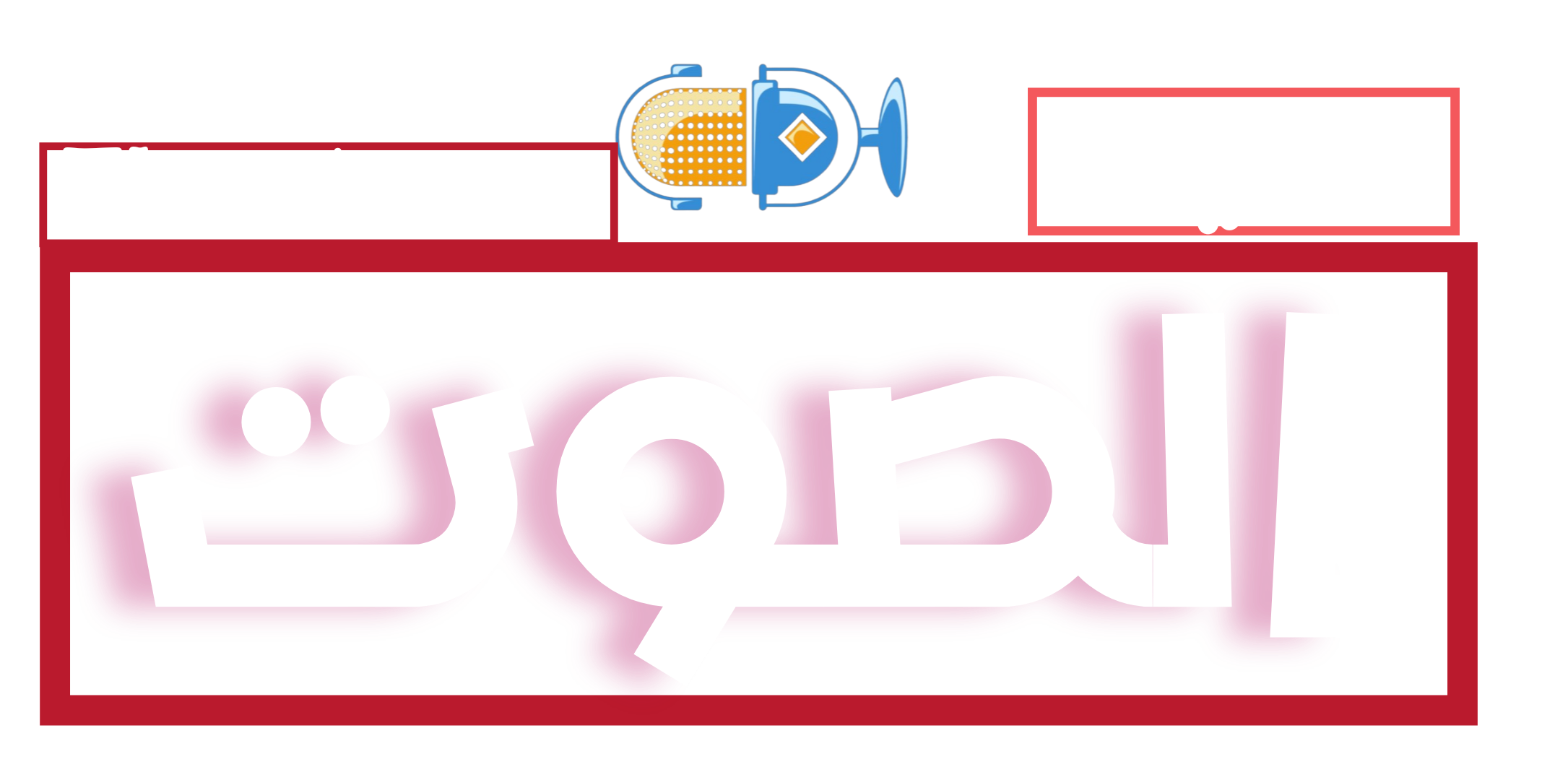
Taken from the Arabic word for “human instinct”, Fetrah surfaced after International Pride Month in the Middle East.
Its creation follows a number of political controversies particularly in Saudi Arabia where authorities announced a recall of all rainbow-colored toys and clothing for children in Riyadh for “promoting homosexuality”.
Designed by three Egyptian marketing professionals who have experience creating marketing campaigns for start-ups, the initiative gained thousands of followers across a number of different social media platforms in a matter of weeks.
Fetrah’s creators are encouraging social media users to reject homosexuality while supporters of the campaign are posting a blue and pink flag to promote the cause.
Meta, the parent company for Facebook and Instagram banned Fetrah’s account on the 9th of June after the page gained over half a million likes and received Facebook’s coveted blue verification tag.
However, several alternative pages for Fetrah have since surfaced on both Facebook and Instagram as social media users and news outlets continue to voice their support for the Fetrah campaign.
This person for example tweeted “I support this initiative”.
Fetrah’s Twitter page is still in existence and boasts over 75,000 followers.
However, activists say the page is continuing to gain support and that Twitter’s failure to ban accounts like this one could further marginalize the LGBTQ community in the Middle East.
Mahsa Alimardani, a digital rights expert told the Cube that Twitter and other social media platforms should be investing more resources into fighting this harmful campaign.
“Too much censorship and policing can actually be a problem on some platforms but with Twitter we often find that the reverse is true, especially when it comes to harassment and harmful content targeting vulnerable communities” said Alimardini.
“We can see here a prime example of how queer communities in the Middle Eastern and North African regions can be harmed by Twitter’s inaction.
The platform has very high threshold when it comes to policing content, which can be harmful” she added.
The Cube also spoke an LGBTQ activist in the MENA region who asked to remain anonymous for safety reasons.
“There has definitely been a rise of hateful speech towards LGBTQ people in the region and this was particularly evident in June which is International Pride Month”, they said.
“I don’t think they have taken into consideration our local contexts and even what we’ve expressed to them. This page is hateful.
We can definitely see how this can translate into real world harm”, the activist concluded.
In addition, Fetrah’s supporters have tried to bypass the Twitter’s artificial intelligence checks by changing the Arabic spelling of slurs.
The Cube reached out to Twitter for comment, a spokesperson for the social media giant advised that they looked in the Fetrah account but said the campaign “does not violate Twitter’s community rules”.

التعليقات